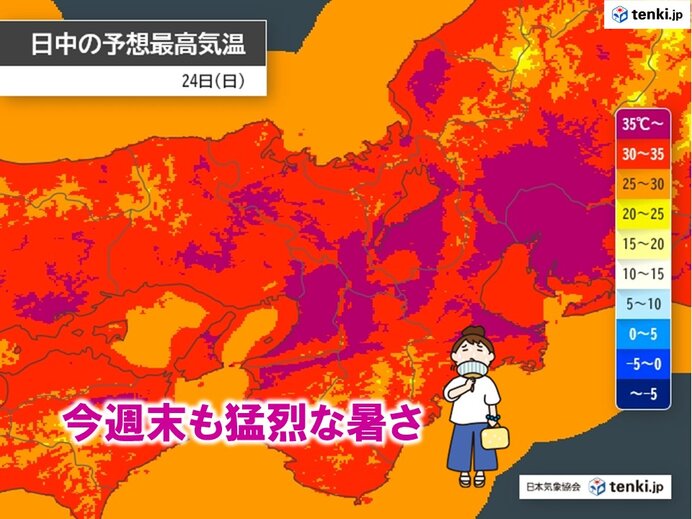Japan continues to be on high alert as relentless heatwaves persist, with a stark warning for heatstrokes being issued on the 24th. Health officials urge the population to take necessary precautions to prevent heat-related illnesses, particularly amongst the elderly and children, who are most at risk. This heat intensifies the ongoing concerns about the impacts of climate change, as harsh weather patterns become increasingly unpredictable.
In Japan, staying healthy and safe during the summer season, particularly during heatwave events, is a major concern. Amidst increased temperatures brought about by climate change, Japanese people, especially older people and children, are highly susceptible to heatstrokes. The government has societal and legal responsibilities to adequately inform and protect the public about these risks, and citizens are likewise expected to take necessary precautions.
Similar to Japan, the US and EU also experience heatwaves. However, the preparedness and reaction to such events might differ. In some areas in the US, where extreme temperatures are common, air conditioning is widespread, and heat warnings are frequently issued. In contrast, many European countries have been historically unprepared for severe heatwaves leading to significant health crises, although awareness and precautionary measures are improving.

